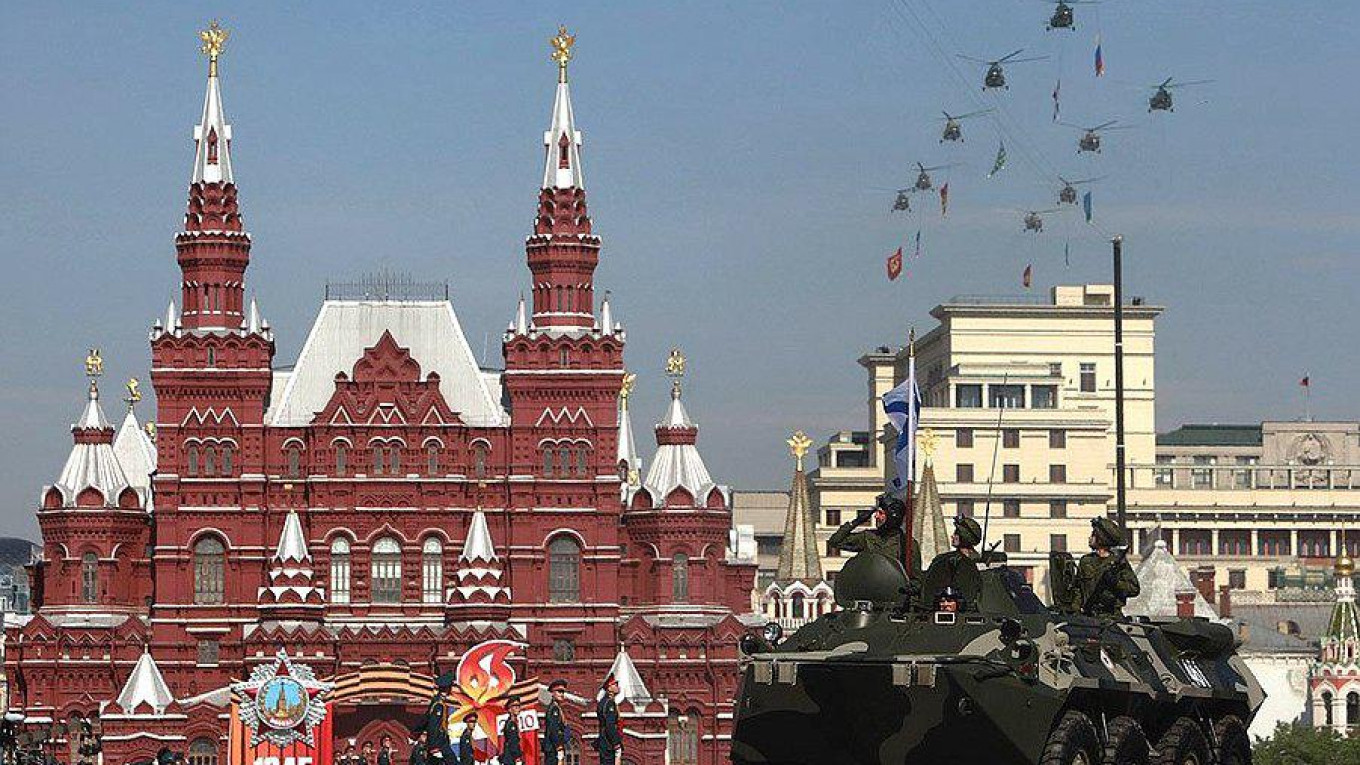Even if Russian’s power vertical has never been totally unified, its members have always pledged loyalty to the center. Delineating territory and interests ,or creating alternative axes of power, has been seen as an attack on the power vertical.
Until recently, only two people—Rosneft President Igor Sechin and Chechen leader Ramzan Kadyrov—had the right to carve out their own spheres of interest. The rest had to play by the rules. Top political and economic players did have some freedom to maneuver, but only within the framework set by the center.
Now, that’s changing. Many players have started to make the structures they manage autonomous. These elites are cordoning off their spheres of influence and setting their own rules. Submission to the Kremlin is being replaced by deference to local leaders.
This "autonomization" is also happening at the State Duma. Its new speaker, former deputy chief of staff of the presidential administration Vyacheslav Volodin, has revamped the Duma to his own liking. The lower house of parliament has always been an instrument of approval for the Kremlin’s domestic policy decisions.
Now, however, Volodin has imposed stricter control over the Duma’s procedural rules and Parliament members are dependent on the speaker. Legislative work has also been brought under his control.
The speaker has installed a new order in the Duma. He has delineated his territory, and even begun expanding it. Parliament members have started talking about coordinating new legislation with him, and it’s getting complicated for officials from the presidential administration to gain access to parliamentary leaders’ meetings.
Andrei Vorobyev, the governor of Moscow Oblast, is also carving out his own fiefdom. He is consolidating his region’s municipalities into so-called “city districts.” Cities and villages are being eliminated along with their administrations and legislative bodies. The system of governance is becoming simplified and more rigid.
Vorobyev wants to reduce the risk of losing elections in any given municipality by over governance of the region. But he is up against federal interest groups vying to gain control of the region’s expensive resources through local elections.
Vorobyev’s personnel appointments support this goal. He picks loyal carpetbaggers as the heads of new municipal districts. These people are strangers to their district, feel uncomfortable there, and have frequent run-ins with locals. As a result, Andrei Vorobyev is the only remaining force in the region; Moscow’s suburbs have become the governor’s personal territory.
Other regional leaders are seeking greater independence too. Some are taking a page out of Kadyrov’s book by protesting enough to influence federal policy. Tatar president Rustam Minnikhanov recently criticized the federal government for “siphoning” money from donor regions.
“We have to support the recipient regions, but not at the expense of making the situation worse. Next year, we will have eight billion less, relative to this year We have to voice our opinion. This is wrong,” said an outraged Minnikhanov.
Kaluga Governor Anatoly Artamonov spoke out in support of Minnikhanov’s position at the Gaidar Economic Forum in the middle of January. He even proposed transferring some federal powers to the regions.
The head of Ulyanovsk Oblast, Sergey Morozov, went even further, recommending that Moscow all but relinquish its control over local branches of federal agencies to the regions. Regional leaders, it seems, want to control everything in their territories—and aren’t afraid of saying so.
Meanwhile, Igor Sechin isn’t strengthening his Rosneft dominion—he is vigorously expanding it. As expected, Rosneft recently acquired Bashneft. And last year, for the first time ever, the government allowed Rosneftegaz state holding, which manages Rosneft’s and Gazprom’s assets, not to publish its financials.
Then came the arrest of Economic Development Minister Alexey Ulyukaev, who opposed the acquisition of Bashneft (Ulyukaev was accused of extorting money for the deal from Igor Sechin), indicating the tremendous influence that Sechin wields.
One of Putin’s closest associates, Rostec president Sergey Chemezov, is in the same league as Sechin. The state-run corporation that he heads owns defense industry enterprises. Among them are Russian Helicopters, JSC, and the United Engine Corporation.
The defense industry is a profitable business that feeds off government contracts and exports. But until last year, armored vehicle manufacturers were still outside of Chemezov’s sphere of influence. By the end of last year, Rostec had assumed control over them all, meaning Rostec and its head now influence all spheres of the defense industry.
The power vertical has always coalesced around the chosen presidential candidate in the run-up to presidential elections. Invariably, it’s been Vladimir Putin — except for 2012, when Dmitry Medvedev ran for office. “If we have Putin, we have Russia,” Vyacheslav Volodin famously used to say.
If Putin is in power, other participants of the vertical retain their bits of power and access to resources. Russian politics was governed by centripetal forces. The man on the very top guaranteed the preservation of the regime, and the centripetal motions intensified as elections neared. You had to campaign passionately for Putin, and there was absolutely no room for public displays of autonomy.
But we are witnessing a completely different kind of politics now. Centrifugal forces are taking over the Russian political scene. The players who control resources are trying to secure their grip on them. They try to get Moscow to cede to them what they need to have full autonomy. They take away their neighbor’s share if they can.
"Personal" ownership of a resource is becoming increasingly important. The Duma goes to Volodin, Rosneft to Sechin, and the Moscow suburbs to Vorobyev.
Those who control resources are becoming feudal lords who are establishing new laws for their domains. As their fiefdoms grow, their relationship with the state will begin to change—old checks and balances will disappear, and the constituent parts will begin to be able to have a say over the form of the whole.
Andrey Pertsev is a journalist with Kommersant newspaper.
A version of this article was originally published by the Carniege Moscow Centre.
A Message from The Moscow Times:
Dear readers,
We are facing unprecedented challenges. Russia's Prosecutor General's Office has designated The Moscow Times as an "undesirable" organization, criminalizing our work and putting our staff at risk of prosecution. This follows our earlier unjust labeling as a "foreign agent."
These actions are direct attempts to silence independent journalism in Russia. The authorities claim our work "discredits the decisions of the Russian leadership." We see things differently: we strive to provide accurate, unbiased reporting on Russia.
We, the journalists of The Moscow Times, refuse to be silenced. But to continue our work, we need your help.
Your support, no matter how small, makes a world of difference. If you can, please support us monthly starting from just $2. It's quick to set up, and every contribution makes a significant impact.
By supporting The Moscow Times, you're defending open, independent journalism in the face of repression. Thank you for standing with us.
Remind me later.








